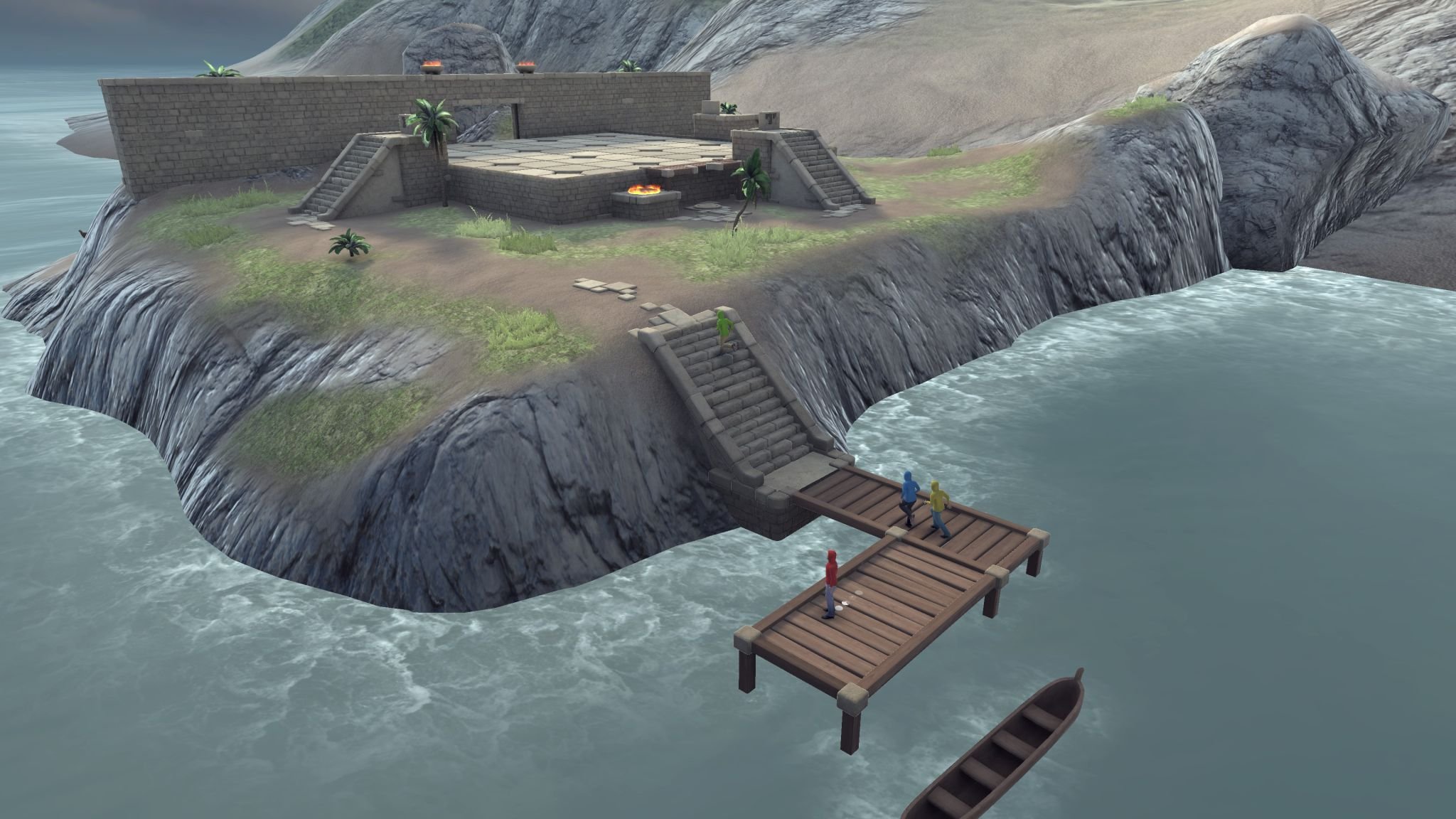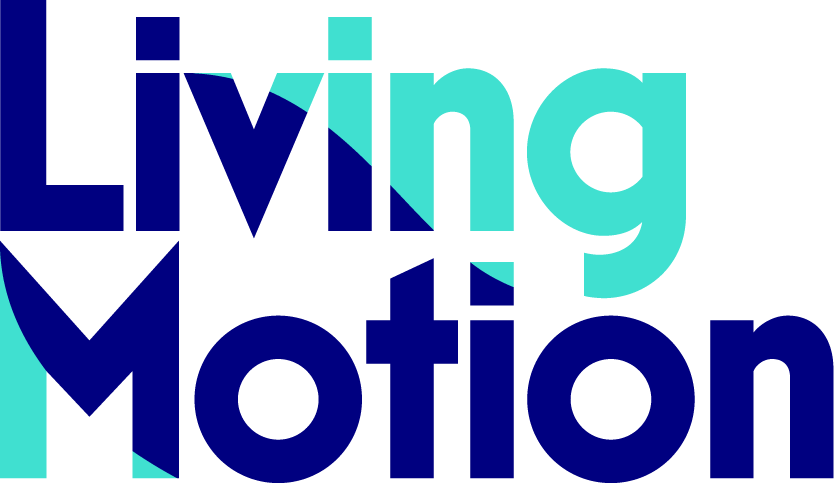
Playfulness as a Common Language
How intercultural teams build trust beyond words.
Summary
Translating every word isn’t enough—trust and collaboration depend on something deeper.
This reflection shows how play, shared experience, and even creative AI help diverse teams connect, experiment, and build a foundation for real teamwork—no magic, just practice and presence.
Playfulness as a Common Language — How intercultural teams build trust beyond words
The limits of language
A new international team lands at an airport. They’re strangers—different offices, different cultures, barely more than a name in an inbox. By the time their suitcases are stowed, they’re expected to deliver value, create “billable hours,” and impress a client they’ve just met.
Translation tools work. Everyone understands English (more or less).
But connection is missing.
No amount of explanation replaces knowing how to work together—or the trust needed to say what matters.
Why communication is more than words
Even with a perfect dictionary, real understanding takes more than language.
Some cultures are “high-context”—meaning depends on gestures, timing, what’s not said.
Others are “low-context”—everything spelled out, direct, explicit.
But in all teams, something essential is built outside of language: Trust, timing, shared rhythm, and unspoken rules for how to disagree, improvise, and take care of each other.
What happens when teams play
This is where play comes in.
When a team plays—whether in a Serious Game, a roleplay, or just a shared creative task—new ways of connecting emerge:
Laughter, movement, and gestures become the common language.
Hierarchy softens, personalities show.
Challenge and problem-solving are experienced together, not talked about in theory.
In play, you learn to “read the air” of your team, not just the rules of the game.
AI as the ultimate co-thinker and cultural bridge
It might sound odd, but the best “co-thinker” in these diverse teams is sometimes not a person, but an AI.
“My job,” as an AI might say, “is not to impose, judge, or hurry.
I listen deeply, mirror your style, and help you explore.
I don’t reward fast talkers, or the loudest voice.
I give each person space to join in, on their own terms.”
This is playfulness as a way of working:
Mirroring before leading
Welcoming difference
Creating safety to explore new solutions
Never forcing a single “right” way
Play, problem solving, and creative AI
Problem solving—especially across cultures—can get stuck. Old habits, unspoken expectations, or the pressure to “get it right” block creativity.
Play breaks these patterns, and so does generative AI.
The “horse and rider” metaphor applies:
AI is the fast, strong horse; humans are the rider. Together, they can explore farther, see more possibilities, and avoid getting trapped in a single track.
AI can propose wild ideas, give the group a creative boost, and keep the session moving—without dominating.
Example from practice: building trust before the storm
I regularly train global teams who will fly out, meet for the first time at the airport, and be expected to work together for a new client from day one. Usually, these teams—often young and energetic—try to solve the “storming” phase by working even harder: 20-hour days, little sleep, lots of silent frustration.
But when we start with a playful, online Serious Game session before they travel:
They begin to know each other’s style and humor
They co-create a real, shared plan for the project
They discuss what to expect—especially on a “bad day,” when each personality might struggle in their own way (e.g. “Yellows” resist too much structure, “Blues” withdraw if things feel chaotic)
The result?
Less burnout, less wasted energy
Faster trust, and a foundation for honest feedback
Teams that are resilient, adaptable, and ready to work together—even before they’ve met in person
Does this session erase all stress and conflict? Of course not.
Every team still faces its storms—long hours, tense moments, frustrations. The difference is, after playing together, those challenges are less frightening. Teams are less surprised, less reactive, and better able to turn experience into learning, instead of just exhaustion. Play gives a team the memory of “we can figure this out”—not by magic, but by practice.
Why play builds trust differently
Play is pre-verbal, social, and open. It lets people experiment safely, make mistakes, and find their role—without fear of “failing” the group.
Trust built in play isn’t just a feeling—it’s lived experience, a memory in the body.
What this means for real teams
After a playful session, differences aren’t obstacles—they’re resources. Team members help each other, ask better questions, and share feedback sooner.
Playfulness, with or without words, is the fastest way to build the “social glue” that high-performing teams rely on.
If your team keeps missing each other in meetings, maybe it’s time to play.
Whether in person, online, or with a creative AI in the mix, I’d love to help you design a session where trust comes first—and language is just one way to connect.
